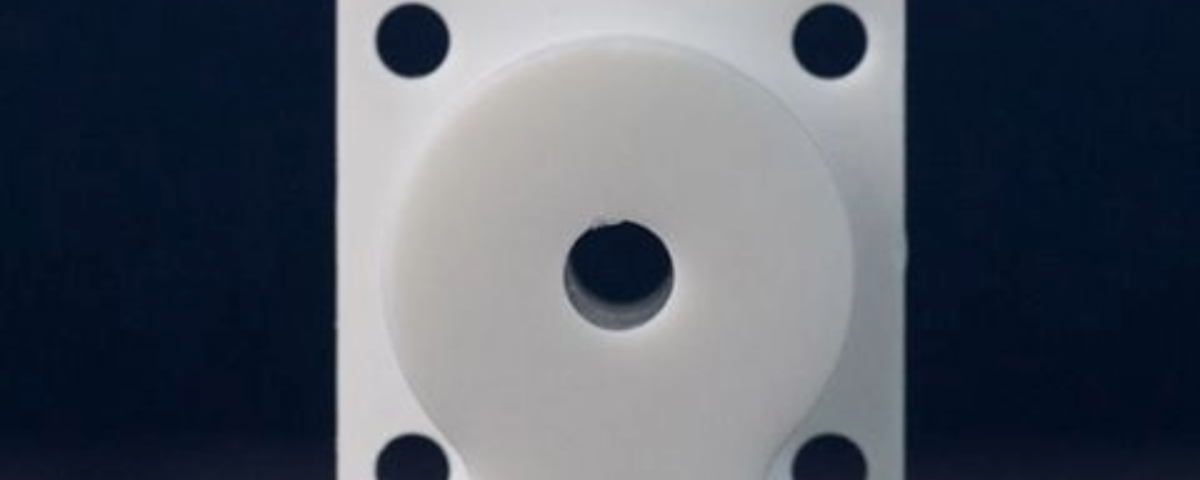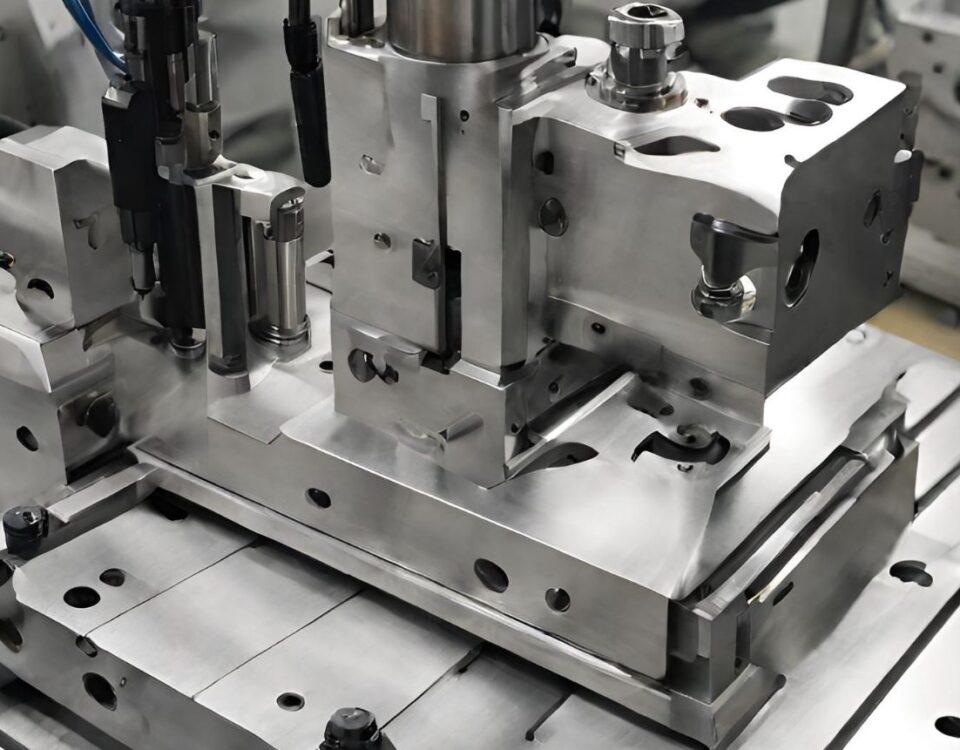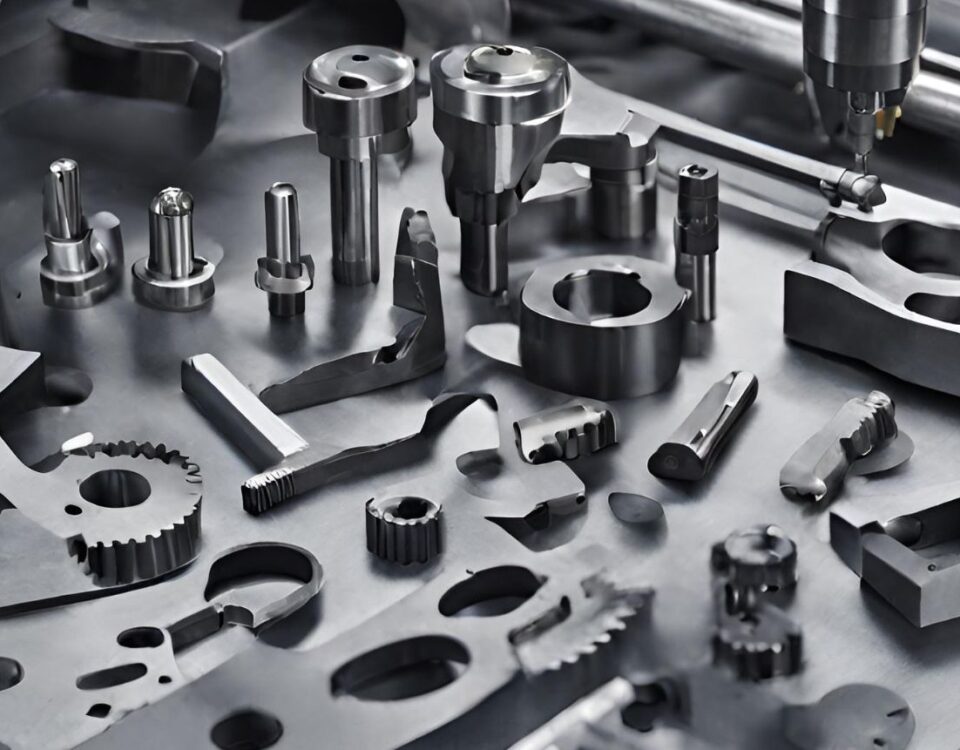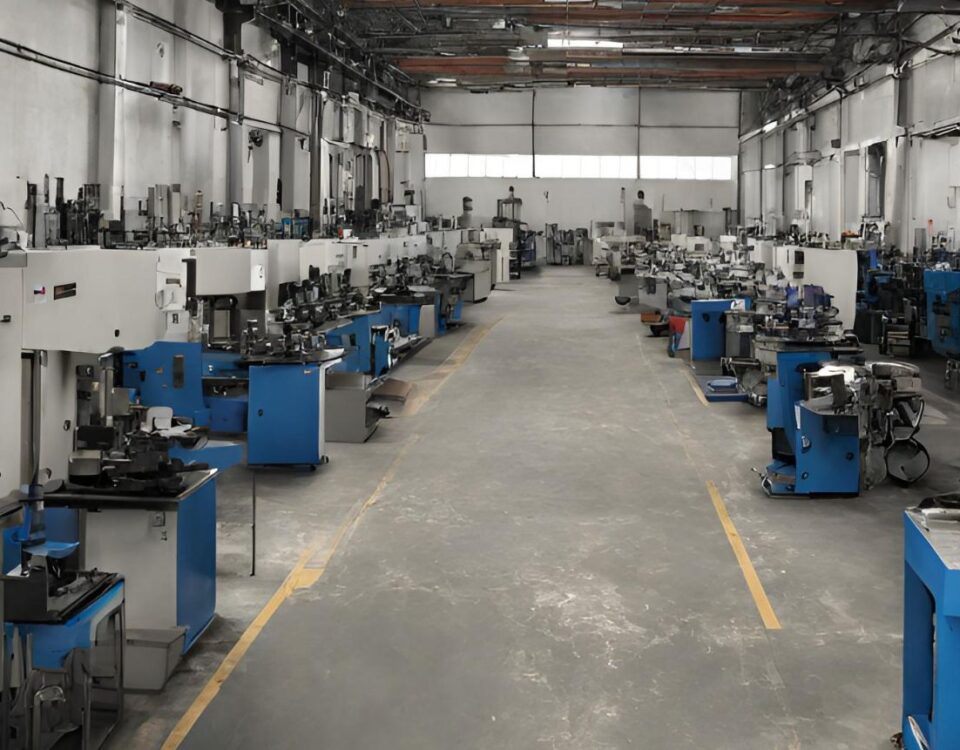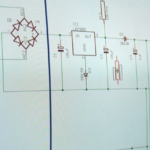
An explanation of CNC software
5 December 2023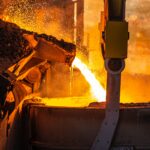
Definition and Categories of Casting
8 December 2023Plastic CNCs are essential to the contemporary manufacturing sector. Because of their distinct mechanical qualities, each machining plastic can be used to create engineering models, prototypes, or finished goods. These polymers make sensible substitutes for metal in a variety of uses. It is important to pick a plastic with the proper qualities for the intended applications and industry out of a wide range of options. As a result, you need to be aware of the different qualities of the plastics that are sold today.
Why Choose CNC Plastics?
CNC technology enjoys a good reputation for providing dependable results across a range of uses. Product design teams frequently determine that plastics are the best material for a variety of machined parts because of their wide range of surface finishes, affordability, and long lifespan. As a result, plastics are becoming a more popular and significant option for a variety of machined parts.
With CNC plastics, you can minimize costs and produce precisely customized parts that adhere to design specifications. Additionally, the CNC machining process for plastics provides tighter tolerances and faster lead times. These engineering plastics are therefore perfect for products that are machined with extreme precision.
Common Plastic Materials Used In CNC Machining
There are several common plastic materials used in CNC machining. Here are a few examples:
1. ABS (Acrylonitrile Butadiene Styrene): ABS is a versatile and widely-used thermoplastic known for its durability, impact resistance, and easy machinability. It is commonly used in automotive parts, electronic enclosures, and consumer goods.
2. PVC (Polyvinyl Chloride): PVC is a rigid plastic known for its excellent chemical resistance and electrical insulation properties. It is often used in plumbing, electrical applications, and construction industries.
3. Nylon (Polyamide): Nylon is a strong and lightweight material with good mechanical properties. It offers excellent wear resistance and low friction, making it suitable for applications like gears, bearings, and bushings.
4. Polycarbonate (PC): Polycarbonate is a transparent and impact-resistant plastic. It is commonly used in industries such as automotive, electronics, and medical, where high strength and optical clarity are required.
5. PEEK (Polyether Ether Ketone): PEEK is a high-performance thermoplastic known for its exceptional mechanical properties, high temperature resistance, and chemical resistance. It is commonly used in aerospace, automotive, and medical applications.
These are just a few examples of plastic materials commonly used in CNC machining. The choice of material depends on specific requirements such as strength, durability, chemical resistance, and temperature resistance.
Pros and Cons of Common CNC Plastics
Here are the pros and cons of some common CNC plastics used in manufacturing:
1. ABS (Acrylonitrile Butadiene Styrene):
Pros:
- Excellent impact resistance
- Good machinability
- Versatile and widely available
- Relatively low cost
Cons:
- Susceptible to warping and shrinkage
- Limited temperature resistance
- Not suitable for high-stress applications
2. PVC (Polyvinyl Chloride):
Pros:
- Good chemical resistance
- Excellent electrical insulation
- Lightweight and rigid
- Cost-effective
Cons:
- Not suitable for high-temperature applications
- Relatively low impact strength
- Limited dimensional stability
3. Nylon (Polyamide):
Pros:
- High strength and toughness
- Excellent wear resistance
- Low friction properties
- Good dimensional stability
Cons:
- Absorbs moisture, affecting dimensional accuracy
- Can be difficult to machine due to its toughness
- Higher cost compared to other plastics
4. Polycarbonate (PC):
Pros:
- High impact resistance
- Excellent optical clarity
- Good dimensional stability
- High-temperature resistance
Cons:
- Relatively high cost
- Susceptible to scratching
- Requires careful machining techniques to avoid stress cracking
5. PEEK (Polyether Ether Ketone):
Pros:
- Exceptional mechanical properties
- High-temperature resistance (up to 250°C)
- Excellent chemical resistance
- Low moisture absorption
Cons:
- High cost compared to other plastics
- Difficult to machine due to its high melting point
- Requires specialized equipment and expertise
These pros and cons should be considered when selecting a plastic material for CNC machining, as they can impact the performance, cost, and suitability of the final product.
Conclusion
In conclusion, selecting the appropriate plastic material for your CNC machining project requires careful consideration of various factors. Understanding the application requirements, evaluating material properties, assessing machinability, considering post-processing options, and factoring in cost considerations are all essential steps.
By identifying the specific requirements of your project and matching them with the properties of different plastic materials, you can ensure that your chosen material will provide the desired mechanical strength, chemical resistance, temperature resistance, and dimensional stability. Additionally, considering the ease of machining and compatibility with post-processing techniques will help achieve the desired shapes, tolerances, and surface finishes.
Balancing the performance of the material with its cost-effectiveness is also crucial. By evaluating the overall project budget and exploring different options, you can find a suitable plastic material that meets your requirements without exceeding your financial limitations.
Consulting experts, such as material manufacturers or CNC machining professionals, can provide valuable insights and guidance throughout the selection process. Their expertise and experience can help you make an informed decision, ensuring the success of your CNC machining project.
In summary, by carefully considering application requirements, material properties, machinability, post-processing options, cost considerations, and seeking expert advice, you can select the appropriate plastic material for your CNC machining project, ensuring optimal performance, durability, and cost-effectiveness.

